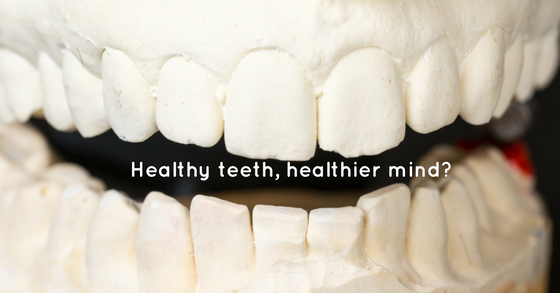14
Nov
2016
New Studies Show Reversal of Alzheimer’s Disease
Posted On November 14, 2016
By Kathy
And has No Comment
Of the many incurable diseases which plague humanity, none may experience so prevalent a rise in a few decades’ time as Alzheimer’s. As those of the “Baby Boomer” generation age, it is estimated that as many as 13 million Americans could develop the disease by 2050; […]
Read More


